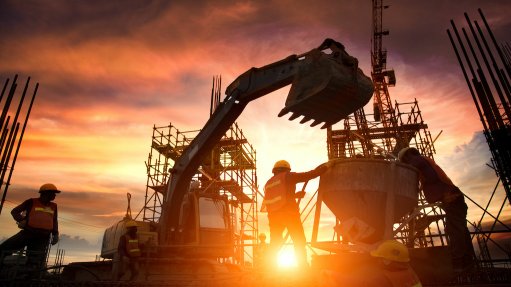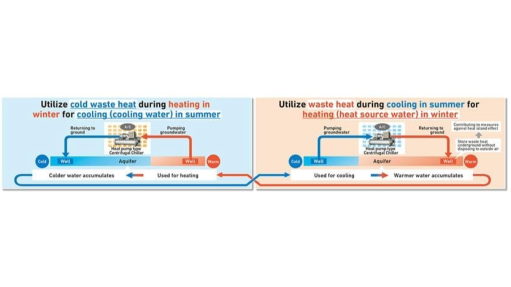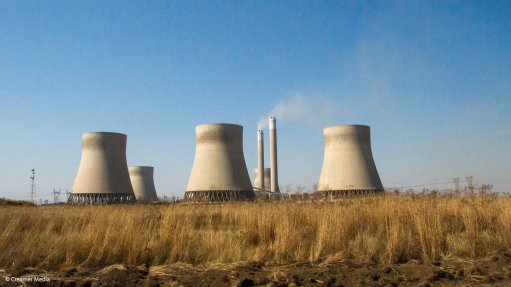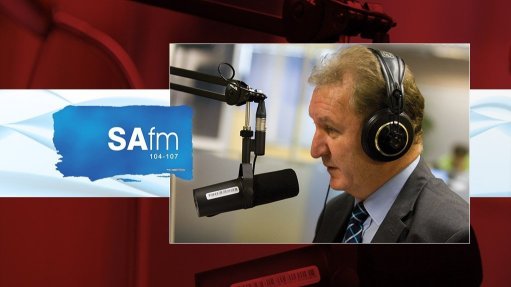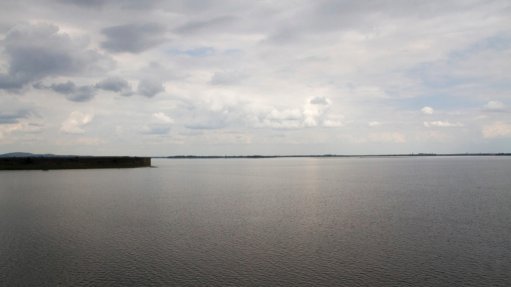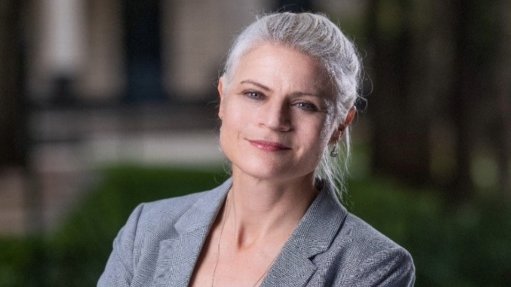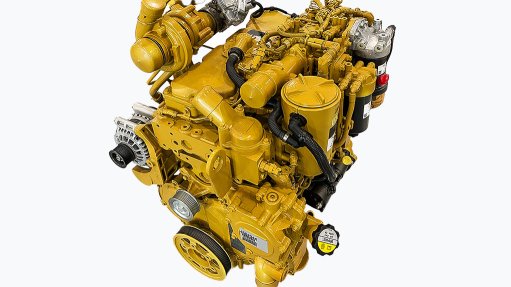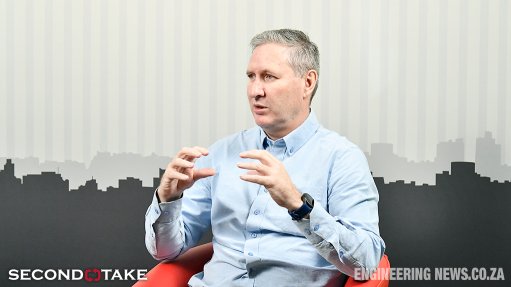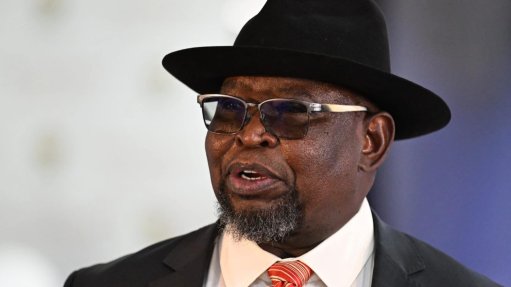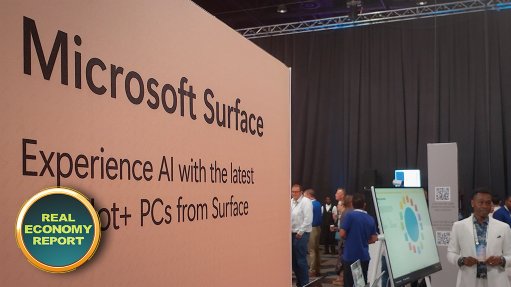DBSA celebrates 40 years of development impact, regional integration
Development finance institution (DFI) the Development Bank of Southern Africa is celebrating 40 years of delivering progress through critical infrastructure that transforms livelihoods, while sustaining and growing emerging economies.
“Over the years, the bank has extended its presence in the infrastructure value chain, building its capability to not only prepare and finance projects, but to also deliver them. From 2002 to 2022, the DBSA, through its infrastructure build process, has built and refurbished 726 schools, completed 404 health facilities and 456 social houses.
“The catalytic effect of this work has been notable in the ripple effect of development impact, facilitating the creation of more than 37 000 jobs in 2022 alone, compared with only 300 jobs in 1994. Similarly, transformation has occured by way of supporting small black-owned businesses to the tune of R3.2-billion, compared with R10.5-million in 1994,” said DBSA CEO Boitumelo Mosako.
The DBSA was formed through a collaboration between the then South African government with the Bantustans of Transkei, Bophuthatswana, Venda, and Ciskei. Over the first decade, the bank performed a broad economic development function within the homeland constitutional dispensation of that time.
The beginning of the democratic era in 1994 launched a critical transformation of the bank’s role and function, and in 1997 the DBSA was reconstituted in terms of the DBSA Act as a DFI.
During each era, leadership held steadfast to its mandate to promote economic growth, development, human resource development and institutional capacity building through sustainable development projects and programmes centred around the provision of infrastructure.
The DBSA’s yearly loan disbursements were R717-million in 1994 and, in 2022, they were R12.9-billion. Interest income in 1994 was R547-million and reached R8.9-billion in 2022.
Similarly, the Bank’s loan book in 1994 was R4.8-billion and R90-billion in 2022. Shareholder’s equity grew from R4.5-billion in 1994, to R42.9-billion in 2022.
Net earnings rose from the 1994 figure of R255-million to the 2022 recorded figure of R3.6-billion. Total assets in 1994 were R6-billion, while the Bank recorded total assets worth R100-billion in 2022.
Currently, the DBSA is working on an infrastructure project pipeline worth more than R155-billion across its various divisions.
Since its establishment, the DBSA has consistently received unqualified annual audit opinions from auditors, which is testament to its commitment to sound financial management and governance. Its unblemished audit record has instilled confidence in stakeholders and allowed the Bank to bolster its efforts in advancing development objectives.
Further, the bank funds and supports numerous infrastructure projects across sectors such as energy, water, transportation and telecommunications. Through collaboration and partnership with the public and private sectors, the DBSA continues to leverage collective expertise and resources, said Mosako.
"We led the development of key infrastructure such as the Gautrain, stadiums for the 2010 FIFA World Cup, student housing, roads expansion, airport refurbishments, public healthcare infrastructure and the Independent Power Producer Office and programmes. We are bringing that expertise and capacity pointedly to local government to help our municipalities run effective administrations that deliver critical services to citizens," she noted.
“We recognise the changing dynamics and emerging challenges facing Africa. We are committed to embracing innovation and technology to drive digital transformation, enhance project delivery, and improve the efficiency of our operations.
“Additionally, sustainability will remain at the core of our investments, ensuring that our projects contribute to a greener, more inclusive future,” Mosako highlighted.
Meanwhile, the DBSA's fortieth anniversary was celebrated at the Jabulani DLabs Precinct, in Soweto. The precinct is part of a network of development labs in townships around the country built to spur entrepreneurship, create jobs, facilitate skills development and support arts and culture.
The aim with this development model is to build 100 DLabs across the country and support them in their nascent stages until they become self-sufficient. This is part of the Bank’s activities that support local community development, augmented by the Partner-with-a-District programme that anchors local government capacity building, the bank said.
Comments
Press Office
Announcements
What's On
Subscribe to improve your user experience...
Option 1 (equivalent of R125 a month):
Receive a weekly copy of Creamer Media's Engineering News & Mining Weekly magazine
(print copy for those in South Africa and e-magazine for those outside of South Africa)
Receive daily email newsletters
Access to full search results
Access archive of magazine back copies
Access to Projects in Progress
Access to ONE Research Report of your choice in PDF format
Option 2 (equivalent of R375 a month):
All benefits from Option 1
PLUS
Access to Creamer Media's Research Channel Africa for ALL Research Reports, in PDF format, on various industrial and mining sectors
including Electricity; Water; Energy Transition; Hydrogen; Roads, Rail and Ports; Coal; Gold; Platinum; Battery Metals; etc.
Already a subscriber?
Forgotten your password?
Receive weekly copy of Creamer Media's Engineering News & Mining Weekly magazine (print copy for those in South Africa and e-magazine for those outside of South Africa)
➕
Recieve daily email newsletters
➕
Access to full search results
➕
Access archive of magazine back copies
➕
Access to Projects in Progress
➕
Access to ONE Research Report of your choice in PDF format
RESEARCH CHANNEL AFRICA
R4500 (equivalent of R375 a month)
SUBSCRIBEAll benefits from Option 1
➕
Access to Creamer Media's Research Channel Africa for ALL Research Reports on various industrial and mining sectors, in PDF format, including on:
Electricity
➕
Water
➕
Energy Transition
➕
Hydrogen
➕
Roads, Rail and Ports
➕
Coal
➕
Gold
➕
Platinum
➕
Battery Metals
➕
etc.
Receive all benefits from Option 1 or Option 2 delivered to numerous people at your company
➕
Multiple User names and Passwords for simultaneous log-ins
➕
Intranet integration access to all in your organisation






